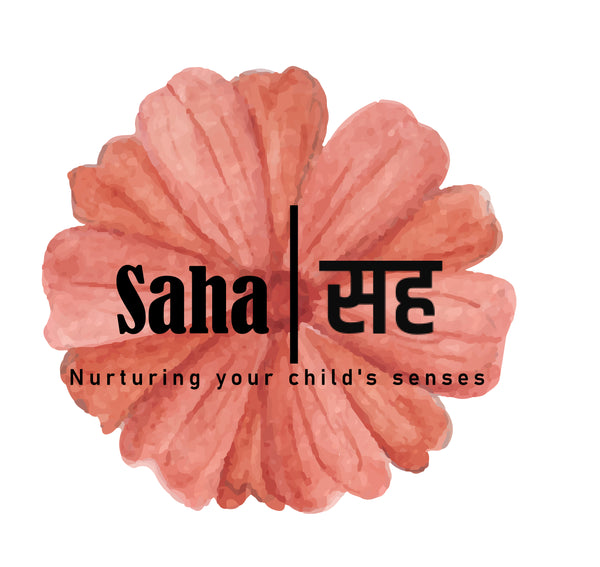
5 Reasons why Free Play is Important in Early Childhood
Share
Free play — the kind where children create their own games, explore their environment, and engage their imaginations without structured rules or adult intervention — is more than just a fun pastime. It’s an essential ingredient for healthy childhood development, nurturing skills and qualities that last a lifetime. Here are five compelling reasons why free play is crucial during early childhood.
1. Supports Cognitive Development
When children engage in free play, they’re not just having fun — they’re building brain power. According to UNICEF, free play fosters problem-solving skills, creativity, and cognitive flexibility. When kids invent their own games or pretend to be pirates on a treasure hunt, they learn how to think critically, adapt to new situations, and find solutions on their own. It should be highlighted here that this type of play strengthens executive functions, like working memory and self-regulation — key abilities that support learning and academic success.
2. Encourages Social and Emotional Growth
Free play isn’t a solo act. When children play together without adult direction, they naturally learn to negotiate, collaborate, and navigate conflicts. In free play settings, kids create their own rules and roles, which helps them develop empathy and communication skills. They learn to take turns, resolve disagreements, and understand others' perspectives — essential building blocks for forming healthy relationships later in life.
Additionally, free play provides a safe space for children to express emotions. Whether they’re pretending to be superheroes or playing house, kids often work through feelings and experiences they might not be able to articulate otherwise. This emotional processing supports resilience and mental well-being.
3. Boosts Physical Health
Children naturally gravitate toward movement during free play — running, jumping, climbing, or even dancing. This unstructured physical activity is vital for developing gross motor skills, coordination, and overall physical fitness. According to UNICEF, free play encourages active exploration, which supports healthy growth and helps prevent childhood obesity.
Moreover, physical play isn’t just about strong muscles and healthy bodies. It enhances proprioception (the sense of where one’s body is in space), balance, and spatial awareness — all of which are crucial for tasks like writing, sports, and everyday activities.
4. Fosters Creativity and Imagination
Free play often sparks children’s wildest ideas — from building elaborate forts to creating entire imaginary worlds. This kind of play encourages divergent thinking, where kids explore multiple solutions and possibilities. Children who engage in open-ended play are more likely to develop creative problem-solving skills, a trait that supports success in academics, careers, and life.
Imaginative play also fuels storytelling abilities and language development. When kids invent scenarios and characters, they’re practicing narrative skills, expanding their vocabulary, and building communication skills — all of which lay the groundwork for reading and writing proficiency.
5. Cultivates Independence and Self-Confidence
One of the most empowering aspects of free play is that children get to be in charge. Without adults directing the activity, kids learn to make decisions, manage risks, and trust their instincts. This autonomy fosters a sense of competence and self-confidence. Moreover, when children control their playtime, they build resilience and self-efficacy — the belief in their ability to tackle challenges. Additionally, free play helps children explore their interests and strengths, contributing to a strong sense of identity and purpose.
Final Thoughts
Free play isn’t just a break from structured learning — it’s a powerful tool for nurturing children’s cognitive, emotional, social, physical, and creative development. By allowing kids the freedom to explore, imagine, and interact on their own terms, we’re giving them more than just a fun childhood. We’re equipping them with the essential skills and confidence they need to thrive.
References
Cherry Tree. (n.d.). The importance of free play for children. Retrieved from https://www.cherrytree.cz/blog/free-play/
Pine Rest. (n.d.). The importance of free play. Retrieved from https://www.pinerest.org/newsroom/articles/importance-free-play-blog/
UNICEF. (n.d.). What is free play? Retrieved from https://www.unicef.org/parenting/child-care/what-is-free-play
